Politics
Trump administration says more operations against cartels coming
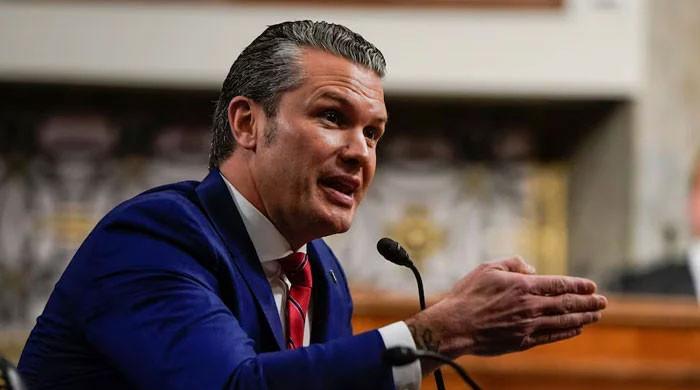
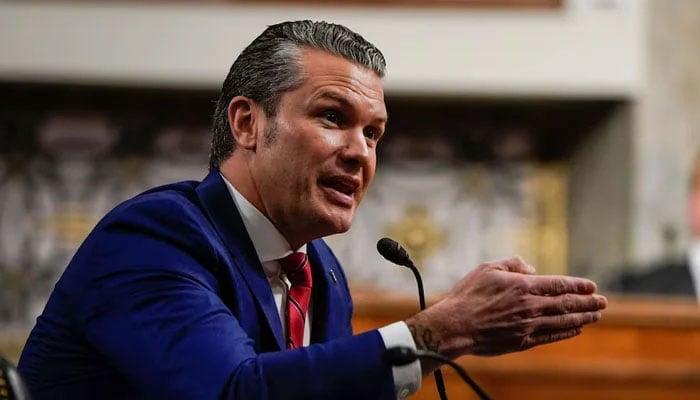
Senior US national security officials said on Wednesday that military operations against cartels would continue, setting the stage for a sustained military campaign in Latin America even as basic questions about a deadly strike against a vessel from Venezuela remained unanswered.
The US military killed 11 people on Tuesday in a strike on a vessel from Venezuela allegedly carrying illegal narcotics, in the first known operation since President Donald Trump’s recent deployment of warships to the southern Caribbean.
Little is known about the strike, including what legal justification was used or what drugs were on board, but US Defense Secretary Pete Hegseth said operations would continue.
“We’ve got assets in the air, assets in the water, assets on ships, because this is a deadly serious mission for us, and it won’t stop with just this strike,” Hegseth said on FOX & Friends.
“Anyone else trafficking in those waters who we know is a designated narco terrorist will face the same fate,” Hegseth said.
He declined to provide details on how the operation was carried out, saying they were classified. It is unknown whether the vessel was destroyed using a drone, torpedo, or by some other means.
Secretary of State Marco Rubio, speaking in Mexico City, said similar strikes will happen again.
“Maybe it’s happening right now, I don’t know, but the point is the president of the United States is going to wage war on narco terrorist organisations,” Rubio said.
Trump said on Tuesday, without providing evidence, that the US military had identified the crew of the vessel as members of the Venezuelan gang Tren de Aragua, which Washington designated a terrorist group in February.
On Wednesday, he told reporters in the Oval Office that “massive amounts of drugs” were found on the boat.
“We have tapes of them speaking,” said Trump. “It was massive amounts of drugs coming into our country to kill a lot of people. And everybody fully understands that. In fact, you see it, you see the bags of drugs all over the boat,” Trump said.
The Pentagon has not released specifics about the crew nor why it chose to kill those on board.
Presidents of both major US parties have in the past asserted the authority to use the military for limited strikes when there is a threat to the United States, as Trump did in June when he ordered an attack on Iran.
Rubio said that “a boat full of cocaine or fentanyl” was an immediate threat to the United States, adding that Trump had the right to “eliminate (it) under exigent circumstances.”
Mary Ellen O’Connell, an expert on international law and the use of force at the University of Notre Dame, said Tuesday’s operation “violated fundamental principles of international law.”
“The alleged fact that the attack was on the high seas is irrelevant. What is relevant is that the US had no right to intentionally kill these suspects,” she said.
Maduro “should be worried”
The decision to blow up a suspected drug vessel passing through the Caribbean, instead of seizing the vessel and apprehending its crew, is highly unusual and evokes memories of the US fight against militant groups such as al Qaeda.
The United States has deployed warships in the southern Caribbean in recent weeks, to follow through on a pledge by Trump to crack down on drug cartels.
Seven US warships and one nuclear-powered fast attack submarine are either in the region or expected to be there soon, carrying more than 4,500 sailors and Marines. US Marines and sailors from the 22nd Marine Expeditionary Unit have been carrying out amphibious training and flight operations in southern Puerto Rico.
Asked about Venezuela’s close relationship with China, Hegseth aimed at Venezuelan President Nicolas Maduro.
“The only person that should be worried is Nicolas Maduro, who is … effectively a kingpin of a drug narco state,” Hegseth said.
The Trump administration last month doubled the reward for information leading to the arrest of Maduro to $50 million, accusing him of links to drug trafficking and criminal groups.
Venezuelan officials have said the Caribbean buildup is meant to justify an intervention against them, with Maduro accusing Trump of seeking “regime change.”
In an interview with Fox Noticias on Wednesday, Venezuelan opposition leader Maria Corina Machado supported the US strike, saying the operation was “aimed at saving lives” in Venezuela and the United States.
“We have to be grateful that the president of the United States, Donald Trump, and his administration recognise and act toward Maduro as what he is: the head of a narco-terrorist regime that has been responsible for destroying our country, destabilising the region, and becoming a real threat to the security of the United States,” Machado said. She was barred from running in the 2024 presidential election but is the country’s most popular opposition figure.
Authorities in the South American country, who say Tren de Aragua is no longer active there after being dismantled during a prison raid in 2023, suggested on Tuesday that footage shared by Trump of a speedboat at sea exploding and then burning was created with artificial intelligence.
Reuters conducted initial checks on the video, including a review of its visual elements using a manipulation detection tool that did not show evidence of manipulation. However, thorough verification is an ongoing process, and Reuters will continue to review the footage as more information becomes available.
The strike drew scepticism from some within the Venezuelan opposition.
“How did they know there were 11 people? Did they count them? How did they know they were Venezuelan? Were their ID cards floating on the sea afterwards?” former opposition presidential candidate Henrique Capriles said to Reuters.
Politics
Christians celebrate Christmas around the world
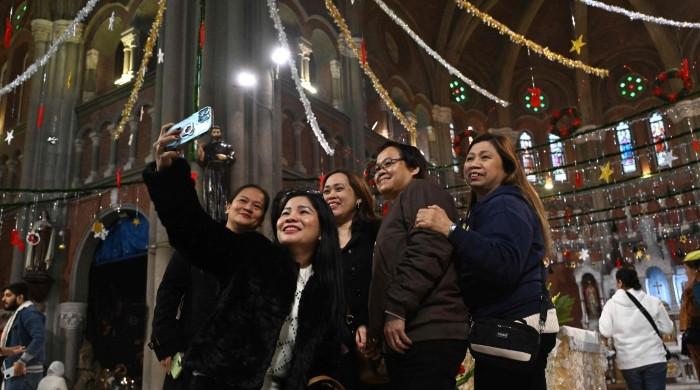
Christmas was observed across the world on Thursday as people around the world in prayers and traditional festivities with religious devotion and celebrations.
With churches lit up and decorated with Christmas trees, worshippers took part in services
Pope Leo XIV held the first Christmas mass of his pontificate, greeting thousands of faithful gathered in St Peter’s Square before the service.
During the mass, Leo said Christmas was a feast of “faith, charity and hope” and criticised a “distorted economy” that “leads us to treat human beings as mere merchandise”.
Before, he spoke in front of St Peter’s basilica to offer Christmas wishes and thank those who had come to follow the mass on outdoor screens despite rainy weather.


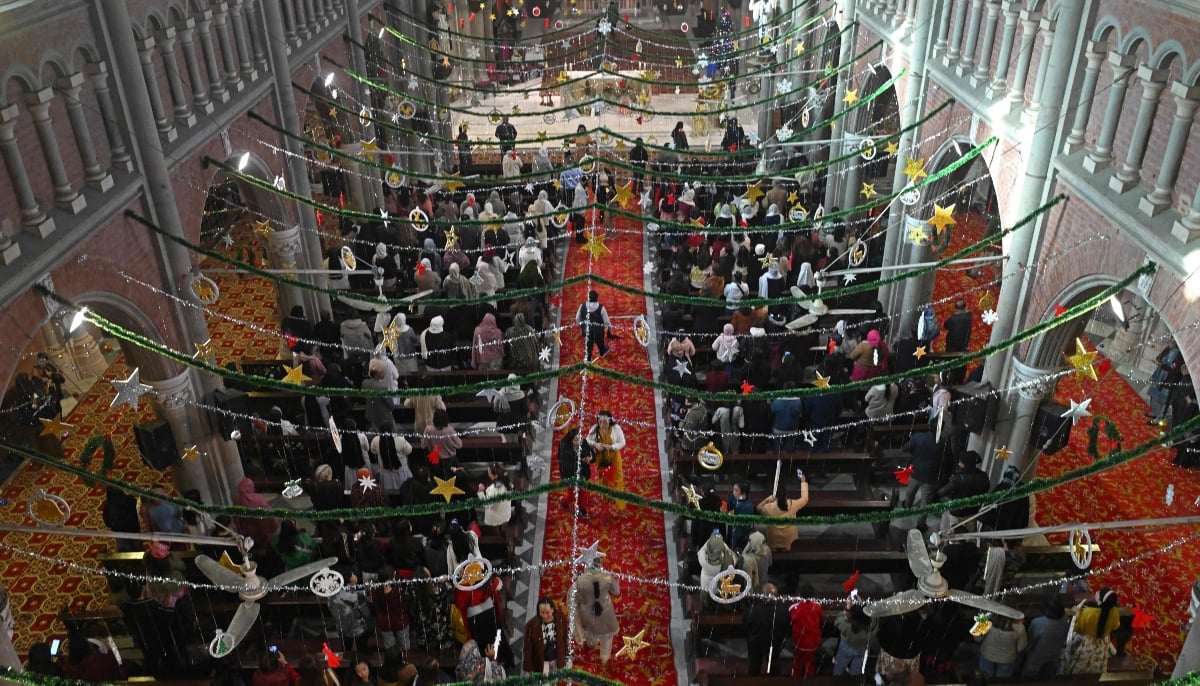
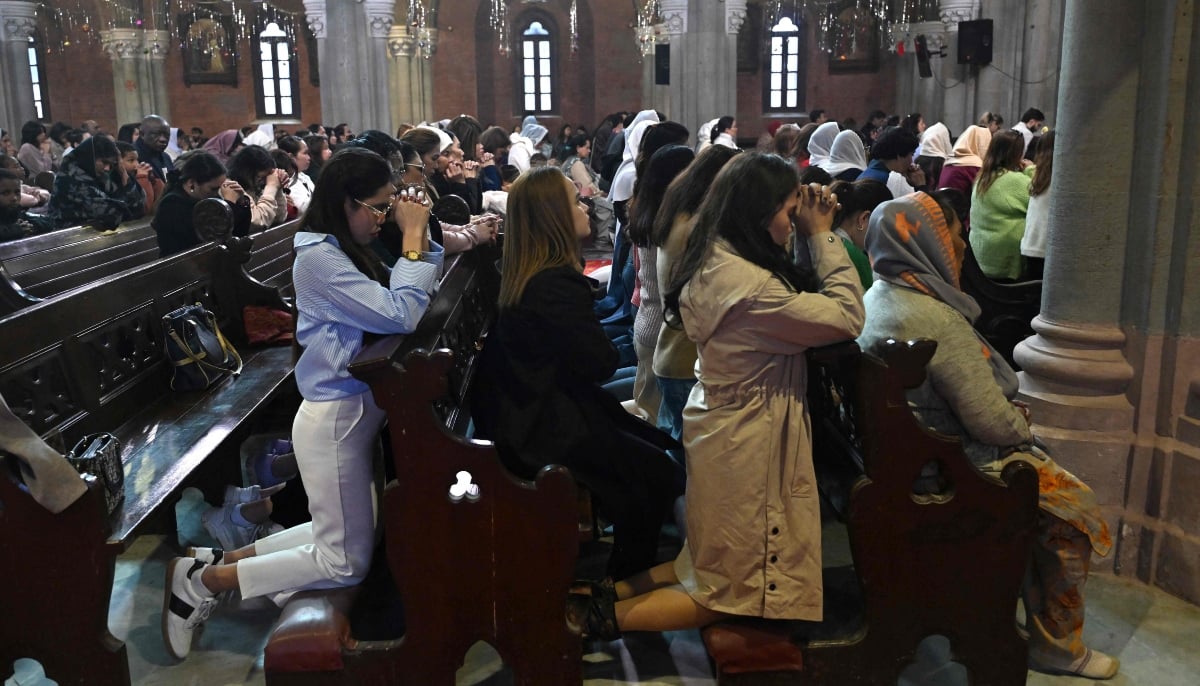
“St Peter’s is very large but unfortunately it is not large enough to receive all of you,” he told the crowd of around 5,000 people.
The US pope has adopted a more discreet and moderate style to that of his charismatic predecessor Francis, who died on April 21.
The mass was attended by high-ranking Church figures, diplomats and around 6,000 faithful.
Leo stuck to a very religious homily without any direct reference to current affairs.
The ceremony celebrates the birth of Jesus Christ and is one of the most important days in the Catholic Church calendar.
The service combines traditional music with symbolic gestures such as placing a statue of the baby Jesus in a cradle.

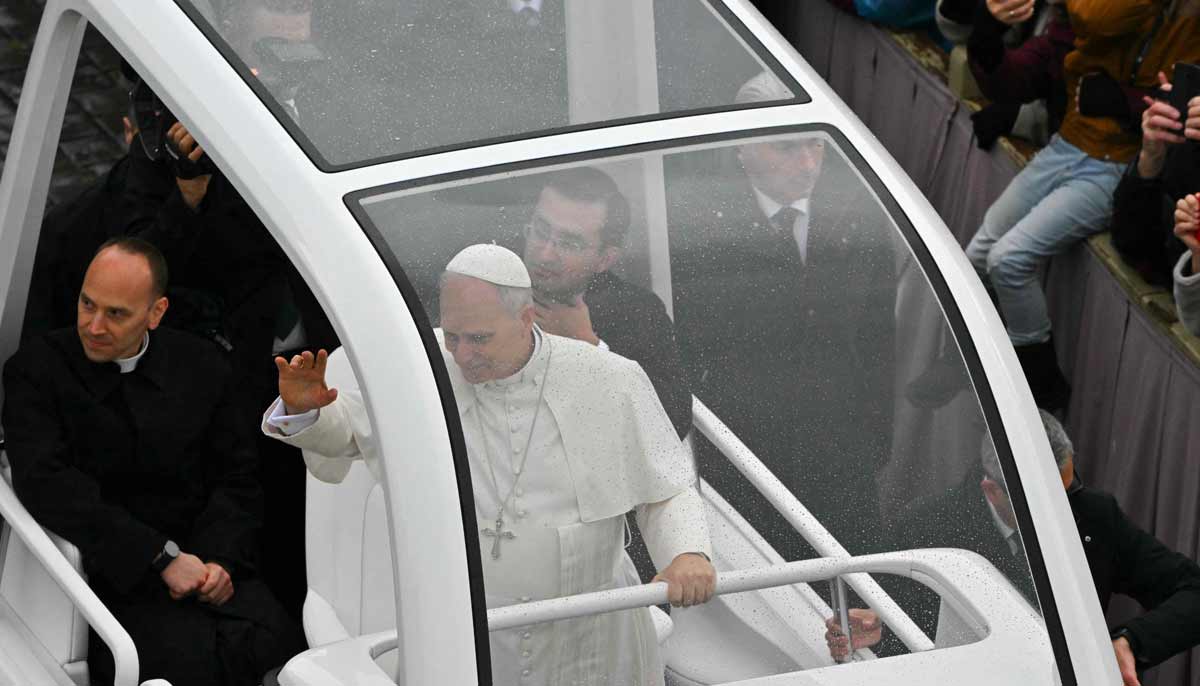
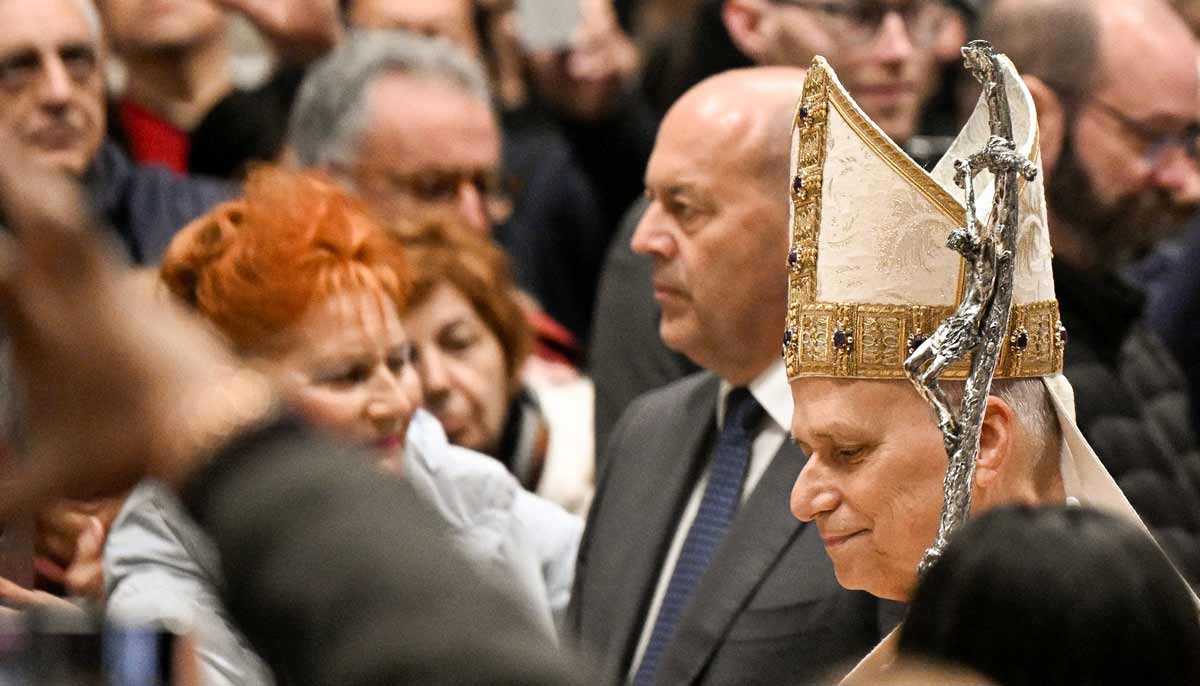

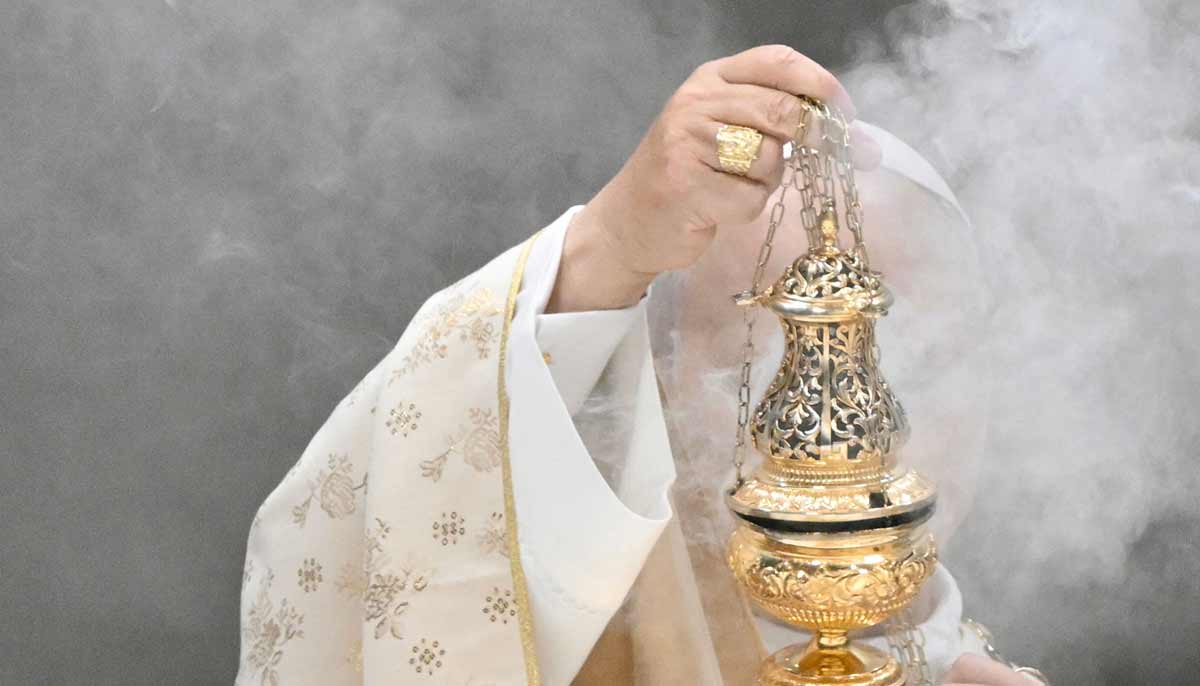

Politics
Bangladesh leader considered top PM candidate returns from exile ahead of polls
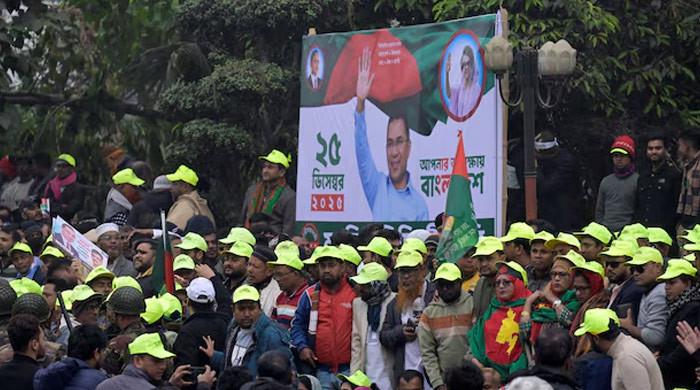

- Rahman’s return energises BNP supporters for February elections.
- Rahman cleared of corruption charges following Hasina’s ouster.
- Attacks on media and violence spark fears for peaceful vote.
Bangladesh Nationalist Party acting chairman Tarique Rahman returned to Dhaka on Thursday after nearly 17 years in exile, a homecoming the party hopes will energise supporters with Rahman poised to be the top contender for prime minister in the February 12 elections.
Hundreds of thousands of supporters lined the route from the capital’s airport to the reception venue, waving party flags and carrying placards, banners, and flowers, while chanting slogans welcoming Rahman, as senior BNP leaders received him at the Dhaka airport under tight security.
Rahman, 60, the son of ailing former prime minister Khaleda Zia, has lived in London since 2008 and led the BNP as acting chairman since 2018.
Dressed in a light grey, finely checkered blazer over a crisp white shirt, Rahman waved to the crowd with a gentle smile.
He had been unable to return while facing multiple criminal cases at home. Rahman was convicted in absentia on charges that included money laundering and in a case linked to an alleged plot to assassinate former prime minister Sheikh Hasina but the rulings were overturned after Hasina was ousted last year in a student-led uprising, clearing the legal barriers to his return.
His homecoming also carries personal urgency, with Khaleda Zia seriously ill for months. Party officials said Rahman would travel from the airport to a reception venue before visiting his mother.
The political landscape has shifted sharply since Hasina’s removal from power, ending decades in which she and Khaleda Zia largely alternated in office. A December survey by the U.S.-based International Republican Institute suggested the BNP is on course to win the largest number of parliamentary seats, with the Islamist Jamaat-e-Islami party also in the race.
Hasina’s Awami League party, which has been barred from the election, has threatened unrest that some fear could disrupt the vote.
Bangladesh is heading into the polls under an interim government led by Nobel laureate Muhammad Yunus. While authorities have pledged a free and peaceful election, recent attacks on media outlets and sporadic violence have raised concerns, making Rahman’s return a defining moment for the BNP and the country’s fragile political transition.
Politics
Discovery of million more potential Epstein documents delays further releases
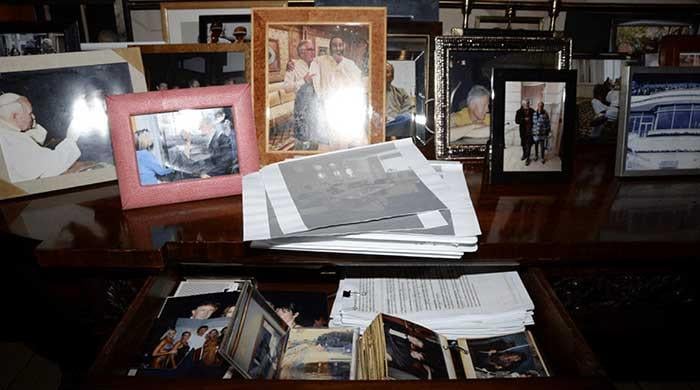
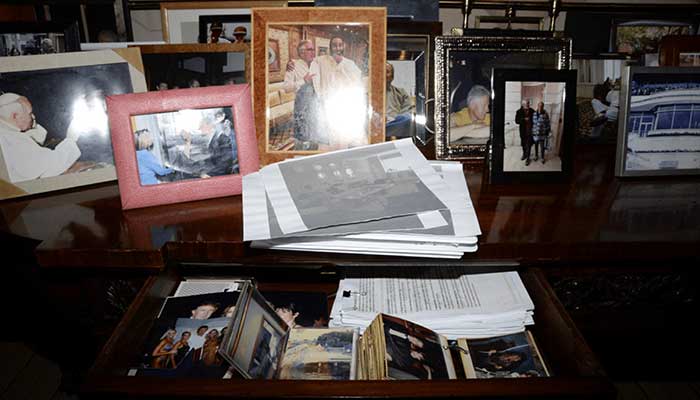
- Lawyers review files around clock to protect victims: DOJ.
- New disclosures fuel political pressure ahead of midterm polls.
- FBI and Manhattan prosecutors locate vast cache of records.
The US Justice Department has found more than a million more documents potentially tied to convicted sex offender Jeffrey Epstein, delaying a full release for weeks while officials redact details to protect victims, DOJ said on Wednesday.
President Donald Trump’s administration began releasing files related to criminal investigations of Epstein, the late American financier who was friends with Trump in the 1990s, to comply with a law passed by Congress last month.
Republicans and Democrats in Congress passed the law over Trump’s objections, requiring that all documents be released by December 19 while allowing partial redactions to protect victims.
Releases so far have contained extensive redactions, angering some Republicans and doing little to defuse a scandal threatening the party ahead of the 2026 midterm elections.
In a message shared on social media on Wednesday, the Justice Department said more than a million additional documents potentially related to Epstein had been uncovered by the FBI and the US Attorney’s office in Manhattan, without elaborating on when or how the documents were found.
“We have lawyers working around the clock to review and make the legally required redactions to protect victims, and we will release the documents as soon as possible,” the department said. “Due to the mass volume of material, this process may take a few more weeks.”
-

 Fashion1 week ago
Fashion1 week agoIndonesia’s thrift surge fuels waste and textile industry woes
-

 Tech1 week ago
Tech1 week agoT-Mobile Business Internet and Phone Deals
-

 Business1 week ago
Business1 week agoBP names new boss as current CEO leaves after less than two years
-

 Sports1 week ago
Sports1 week agoPKF summons meeting after Pakistani player represents India in kabaddi tournament
-
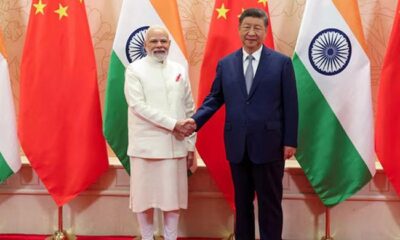
 Entertainment1 week ago
Entertainment1 week agoIndia streamlines visa rules in boost for Chinese professionals
-

 Sports1 week ago
Sports1 week agoUWCL grades for all 18 teams: Leuven get A+; Barça an A-, PSG fail
-
Sports5 days ago
Alabama turned Oklahoma’s College Football Playoff dream into a nightmare
-

 Entertainment1 week ago
Entertainment1 week agoRadiation fears rise after cracks found in $2 billion Chernobyl shield






